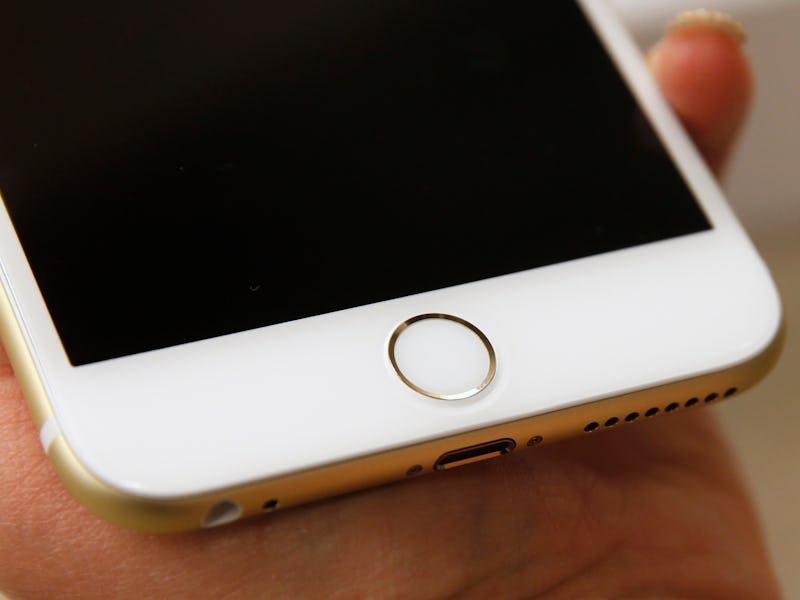Why the FBI Can’t Access Texas Church Shooter’s Phone
Authorities can't access Devin Patrick Kelley's phone.

The Federal Bureau of Investigation announced on Tuesday that it has been unable to access the smartphone of Devin Patrick Kelley, the gunman that killed 26 in a massacre at a Texas church on Sunday. The agency’s issue is an increasing part of police work, as they try to circumvent encryption measures in newer devices.
“Law enforcement, whether at the state, local or federal level, is increasingly not able to get into these phones,” Christopher Combs, the FBI special agent in charge of the investigation, told reporters at a press conference.
However, Combs did not specify which brand or model of phone the shooter used, out of fear it could lead to criminals rushing to purchase that device.
“I don’t wanna tell every bad guy out there what phone to buy, to harass our efforts on trying to find justice here,” Combs said.
Modern smartphones use encryption to hide user data and stop unwanted access. For Android, the security design varies from phone to phone, but Google provides documentation about how the platform can enable manufacturers to protect customer data.
The iPhone 5S and later use a fingerprint scanner to protect privacy, storing the data in a secure enclave inside the chip alongside other information like Apple Pay credentials. In the iPhone X, the enclave stores face data. This system also exponentially delays repeated passcode attempts, to stop others from trying to guess the code.
In 2015, Apple butted heads with law enforcement agencies after it refused to grant access to the iPhone 5C of Syed Rizwan Farook, one of the killers in the San Bernardino shooting. While the device lacked the secure enclave found on later phones, it did wipe the phone’s information after 10 wrong passcode attempts. Tim Cook, Apple CEO, refused to help the agency bypass the security.
The Apple iPhone 5C
“Once created, the technique could be used over and over again, on any number of devices,” Cook said. “In the physical world, it would be the equivalent of a master key, capable of opening hundreds of millions of locks — from restaurants and banks to stores and homes. No reasonable person would find that acceptable.”
At first, the Justice Department filed a lawsuit against Apple to get around the block, but the agency then dropped the charges after it paid nearly $1 million for a tool that could circumvent the security.
In the case of Kelly’s phone, it has now been transported to the FBI facility in Quantico, Virginia, where it will undergo further examination. Whether the agency ends up purchasing a similar tool remains to be seen.